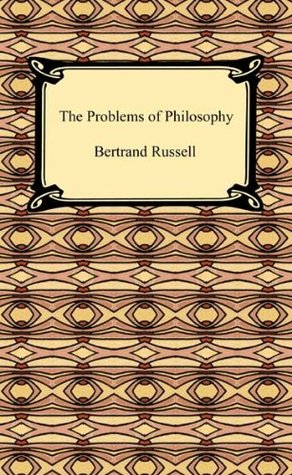More on this book
Community
Kindle Notes & Highlights
The essential characteristic of philosophy, which makes it a study distinct from science, is criticism. It examines critically the principles employed in science and in daily life; it searches out any inconsistencies there may be in these principles, and it only accepts them when, as the result of a critical inquiry, no reason for rejecting them has appeared.
as soon as definite knowledge concerning any subject becomes possible, this subject ceases to be called philosophy, and becomes a separate science. The whole study of the heavens, which now belongs to astronomy, was once included in philosophy; Newton's great work was called 'the mathematical principles of natural philosophy'.
Philosophy, though unable to tell us with certainty what is the true answer to the doubts which it raises, is able to suggest many possibilities which enlarge our thoughts and free them from the tyranny of custom.
Philosophy is to be studied, not for the sake of any definite answers to its questions, since no definite answers can, as a rule, be known to be true, but rather for the sake of the questions themselves; because these questions enlarge our conception of what is possible, enrich our intellectual imagination and diminish the dogmatic assurance which closes the mind against speculation;


